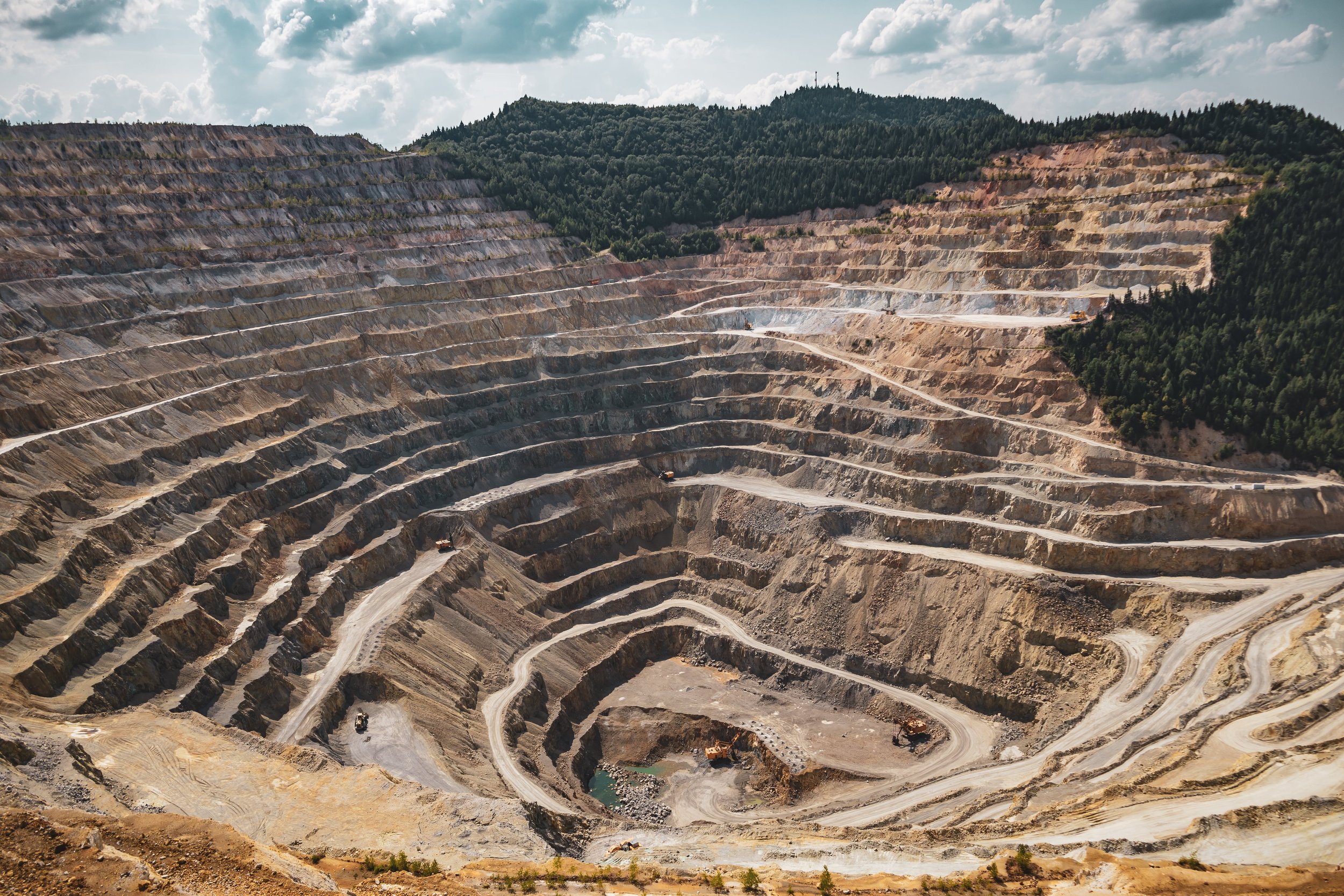Bridging the Gap: The Challenge of Public Acceptance in Europe's Mining Industry
The European Union's Critical Raw Materials Act is a promising step toward ensuring a sustainable supply of essential minerals. However, Sinead Kaufman highlights a crucial challenge that must be addressed—the issue of public acceptance. As the EU Raw Materials Week concluded, the draft legislation is key to encouraging Europe's exploration and extraction of its mineral resources, which is vital for the proposed green and digital transitions.
Critical raw materials (CRMs) are pivotal in technologies addressing climate change and fostering innovation. From electric vehicle batteries to renewable energy storage, CRMs are indispensable. The European Commission emphasizes their significance in maintaining a robust industrial base, producing goods used in everyday life.
Europe's vulnerability is evident as it consumes 27% of the global supply of CRMs but mines only approximately 3% of its current CRM needs. With global demand projected to surge by up to 500% by 2050, Europe must secure more resilient supply chains. This involves importing, recycling, and extracting more of its resources to meet anticipated demand and compete globally.
However, the dichotomy lies in the public's perception. While policymakers recognize the necessity, societal acceptance remains a challenge. Negative perceptions around mining persist in many communities, making it imperative to shift the public debate from what is needed to what society is willing to embrace.
The draft CRM Act is a positive step, but building trust and credibility with impacted communities is an ongoing journey. The importance of green mining for energy transition goals cannot be overstated. The benefits must be tangible for communities, as exemplified by challenges faced by projects like the proposed Jadar mine in Loznica, Serbia.
Beyond policy frameworks, collaboration among stakeholders—policymakers, industry, NGOs, and civil society—is vital to address technical and commercial challenges. Bridging the gap between societal concerns and mining operations requires a transparent, accountable, and communicative approach. Industry stakeholders must actively engage, listen, and work to mitigate concerns to build trust.
Mining's legacy and societal perceptions must be acknowledged, requiring the industry to explain its practices better. Credibility is contingent on transparency, accountability, and a commitment to environmental standards. The mining industry's transformation, characterized by innovations and sustainable practices, underscores its potential to contribute to Europe's sustainable future.
While the European policy framework is a positive development, public acceptance remains paramount. Demonstrating that modern mining can operate transparently, sustainably, and with minimal impact will be crucial. Collaborative efforts among stakeholders will be pivotal in garnering public support, fostering social and environmental benefits, and building a credible and responsible mining industry for the twenty-first century.

